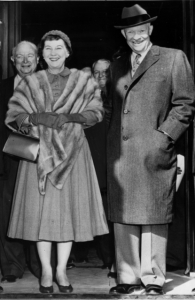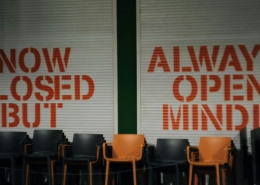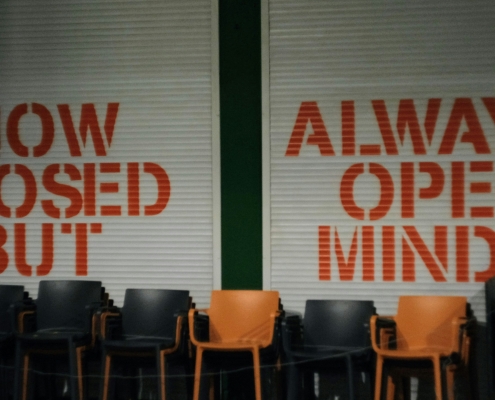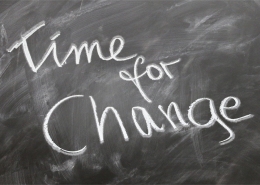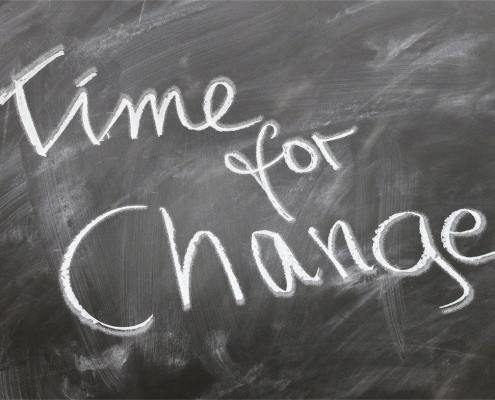Soft Skills Matter: Flexibility
“In preparing for battle I have always found that plans are useless, but planning is indispensable.”
~Dwight D. Eisenhower.
In our previous Soft Skills Matter post, we looked at the importance of creativity in the energy sector. Today, we want to discuss the importance of flexibility.
What is Flexibility?
The first thing I think of when I hear the word “flexibility” is PE class in high school. Specifically, I think about stretching. Putting my arms and legs into weird positions and holding that pose, while the teacher talked on and on about how important it was to stretch so we didn’t injure ourselves.
Flexibility Defined
Dictionary.com defines flexibility in three ways.
- The ability to bend easily or without breaking.
- The quality of being easily adapted or of offering many different options.
- The ability and willingness to adjust one’s thinking or behavior.
Our Response to Change Demonstrates Our Flexibility
President Eisenhower’s quote may not mention “flexibility” directly, but it certainly is implied. People make plans every day for every circumstance. However, plans can change dramatically due to situations beyond our control or even our expectation. In those ever-changing situations our flexibility, or lack thereof, becomes exposed.
Flexibility in the Workplace
Within the energy industry price volatility can decimate well-laid plans, as can logistical challenges. In any traditional workplace environment personal calamities, sickness or death of a loved one, will change how a business operates. Even a family vacation can be completely altered by plane delays, a child getting sick on a roller coaster, or a rental vehicle breaking down on the highway. How we handle any of these situations demonstrates how “flexible” we truly are.
Workplace Flexibility Defined
Indeed.com describes flexibility in business this way, “Workplace flexibility involves adapting to changing circumstances and expectations on the job. It requires the willingness of both the employers and employees to be open-minded and willing to change how work gets done.”
Keys to Workplace Flexibility: Open-minded and Willing to Change
There are two phrases from that definition that jump out as vital to flexibility: open-minded and willing to change. A person might be open-minded, hearing different ideas, but still be completely unwilling to change. Or someone might be open to possibly changing but be completely unwilling to consider other ideas. Both items are necessary in order for a person to show true flexibility.
“Making Work ‘Fit’ People, Not the Other Way Around”
Ludmila N. Praslova, author of The Canary Code, writes in the Harvard Business Review that flexibility is “about making work ‘fit’ people, not the other way around. When organizations center the design of work on humans, values and long-term success in this way, they become productive, resilient, inclusive, and equitable.”
All people, like many well thought out strategies, rarely act according to a specific plan. However, people are the most important aspect of every business. Recognizing that fact ahead of time will also help prepare your mind to be flexible when the deviation of plan occurs.
Companies need to be flexible to adapt to their clients’ changing needs. To do that, they need employees who are also willing and able to adjust their thinking and actions to meet the changing needs of the business.
Flexibility Matters!
The benefits of flexibility are huge! Clients whose needs have evolved are able to get those needs met without unnecessary drama. Companies can adapt to meet the changing demands of the market. And employees can gain new skills which will serve them well in the changing marketplace.
Additionally, companies that show flexibility not only to clients, but also to employees, are rewarded by developing a workplace that attracts and retains flexible, creative workers. Creativity and flexibility are vital skills for any business. Your Twin Feathers team works hard to develop and strengthen these skills so that we can help our clients make smart decisions every day. Check back for future posts in our Soft Skills series.
Soft Skills Matter: Flexibility
By JD Buss


